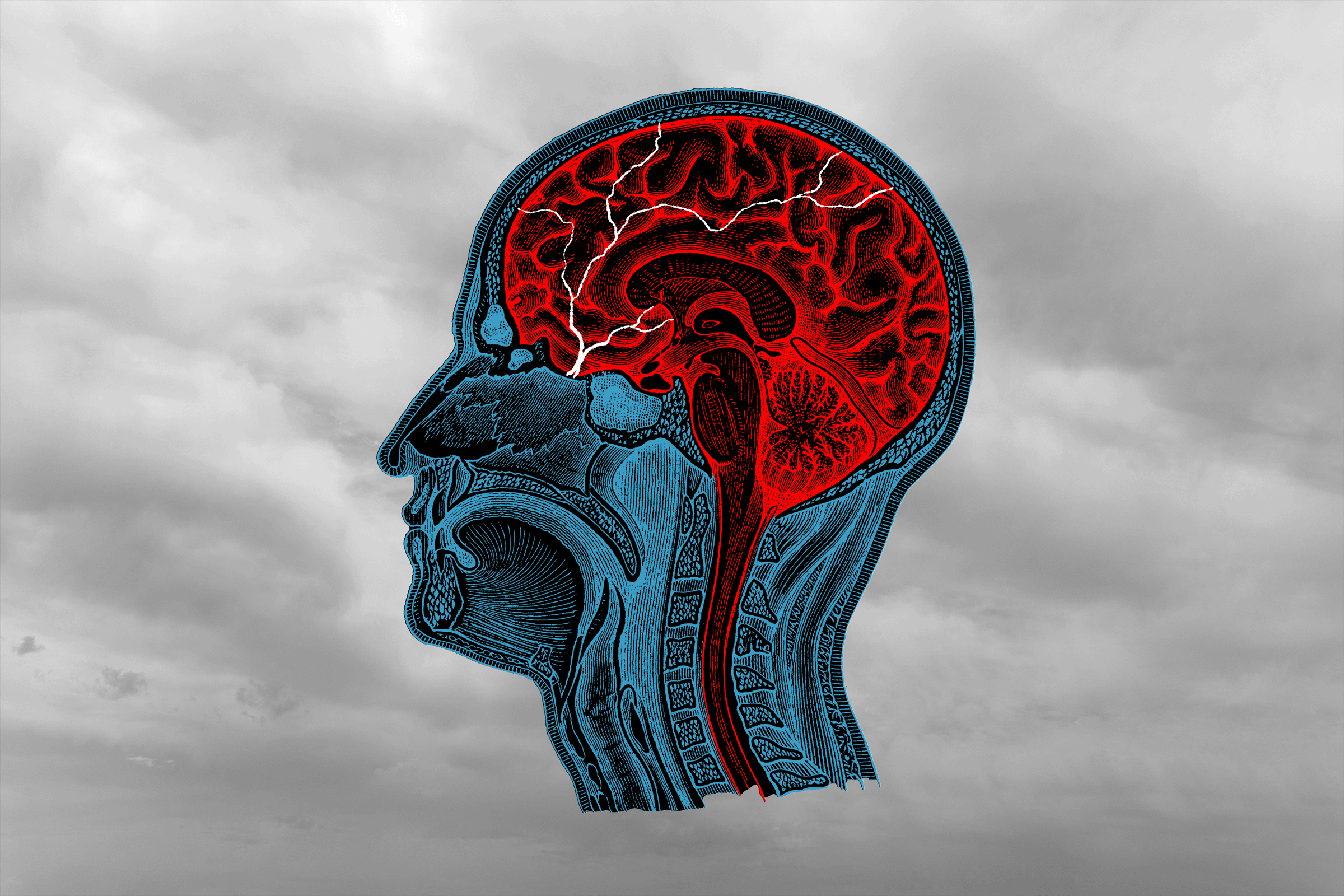Bright Light Found to Curb Winter Blahs
- Share via
WASHINGTON — Government researchers say use of bright artificial light in wintertime to simulate the longer days of spring and summer can improve the mood of persons with serious winter depression.
When the light was removed, the test subjects experienced a relapse within a few days, scientists at the National Institute of Mental Health reported.
Oversleep, Overeat
Persons who experience winter depression slow down and generally oversleep, overeat and crave carbohydrates during the winter months. But, in spring and summer, doctors say, those same people are elated, active and energetic and generally function well.
In an article in the American Journal of Psychiatry, the scientists said that previous studies had shown that in other mammals seasonal rhythms of activity, appetite and sleep are controlled by climatic changes, especially day length.
“We chose light as the first variable to investigate because of its importance as a seasonal time cue in animals,” the report said.
The scientists recruited 49 persons who had shown signs of seasonal depression that was not influenced by seasonal changes in their jobs.
They were exposed 2,500 lux of light--equal to sunlight measured at a window on a clear spring day--between 5 a.m. and 8 a.m. and again between 5:30 p.m. and 8:30 p.m. each day for a week.
Sat Under Grow Lights
The patients, mostly women in their mid-20s, sat three feet from eight grow-light fluorescent tubes at eye level. The subjects were free to engage in normal activities while sitting but were asked to glance at the light once a minute.
The patients then were withdrawn from the light treatment for a week and then were exposed to low-level light for a week. At each phase of the treatment, the patients answered a questionnaire that measured their level of depression.
“It was clear that extending the length of day by means of artificial light several times brighter than ordinary room light caused a marked improvement in mood, which was seen within a few days and lasted throughout the week of treatment,” the report said.
“Removal of the light regularly caused relapse within a few days.”
When the light was introduced again, the initial beneficial response was repeated.
Intensity of Light
The researchers said that the intensity of the light appeared to be critical because light of ordinary indoor intensity was less effective.
“This experimental result might explain why the ubiquitous presence of indoor lighting in the winter does not protect vulnerable individuals from becoming depressed,” the report said.
Why bright light has an anti-depressant effect is not known, but the researchers said one possibility is that bright light may suppress secretion of a hormone called melatonin that is among many that have been implicated in depression. The hormone is normally secreted at night.






